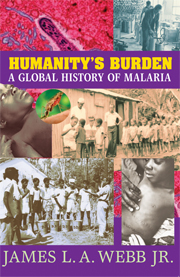2 - Into Eurasia
Published online by Cambridge University Press: 05 March 2015
Summary
Between one hundred thousand and fifty thousand years ago, in a replay of the out-migrations of Homo erectus that took place one or two million years ago, small numbers of modern humans (Homo sapiens) again forsook the continent of Africa for the wilds of Eurasia. Over immense periods of time marked by major transformations in climate and vegetation, including a long, unusually wet interglacial period from circa 57,000 to 25,000 BP, and a dry glacial period that followed from circa 25,000 to 12,000 BP, their progress was likely slow. Their survival strategies of gathering, fishing, and hunting kept them close to exploitable resources, hugging the rivers and coastlines. They built up their numbers slowly. A growing and moveable frontier of our species explored unknown terrains. Over time, small groups here and there broke away to make their own choices about territories and resources. These early human voyagers would become the ancestors of the first modern Eurasians. They brought with them the tool kits and cultural knowledge of their ancestors in tropical Africa, and they brought with them, initially at least, a range of tropical parasites.
Almost all of the parasites died out. As the migrants left the wet tropics, they left behind the tropical insects that carried disease and the tropical animals that served as reservoirs of disease that could afflict humans. They escaped from yellow fever, sleeping sickness, river blindness, elephantiasis, and a host of other maladies. However, they could not flee easily from the malarial infections.
- Type
- Chapter
- Information
- Humanity's BurdenA Global History of Malaria, pp. 42 - 65Publisher: Cambridge University PressPrint publication year: 2008



